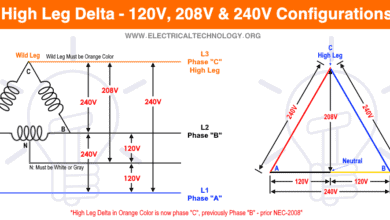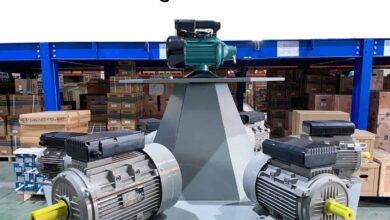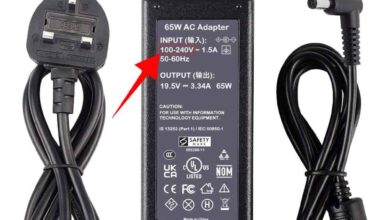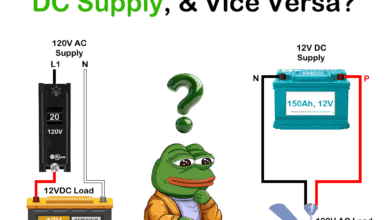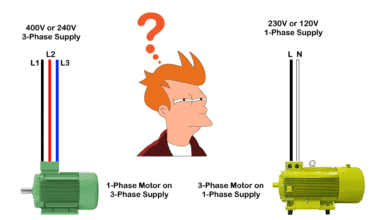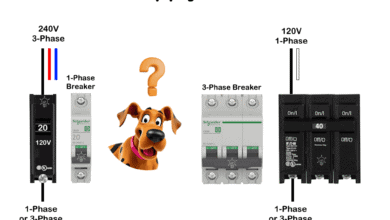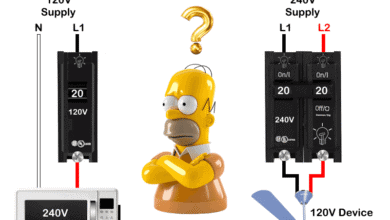Questions – Answers
Electrical and Electronics Engineering Interview Questions and Answers
-
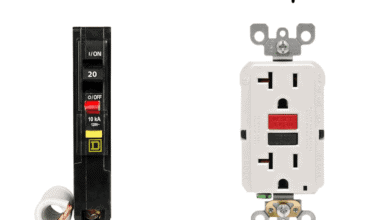
Should GFCI Protection Be in the Main Panel or Receptacle?
Is It Better to Install GFCI Protection in the Electrical Panel or at the Outlet? Ground Fault Circuit Interrupters (GFCIs) are designed to detect ground faults and protect against electric…
Read More » -
Why Does the High Leg Measure 208V Instead of 120V?
Why Does the High Leg Measure 208V to Neutral While Normal Hot-to-Neutral (L–N) Measures 120V? In North America, 208V is commonly available in two configurations of single-phase and three-phase supply…
Read More » -
Why are 1-Phase Motors Not Self-Starting Like 3-Phase Motors?
Why a Single-Phase Induction Motor is Not Self-Starting, While a Three-Phase Induction Motor Can Start on Its Own? Single-phase induction motors are not self-starting because they produce an evolving magnetic…
Read More » -
Why are High-Power Devices Not Designed to Run on DC Voltage?
Why Don’t We Use 120V DC, 230V DC, or 240V DC Instead of 120V/230V/240V AC for High-Power Electrical Appliances? Most high-power appliances are designed to run on AC (Alternating Current)…
Read More » -
Why is AC Commonly Used in Households Instead of DC?
Why is Alternating Current (AC) Preferred Over Direct Current (DC) for Use in Homes? In most residential and commercial applications, Alternating Current (AC) is used for general appliances such as…
Read More » -
Can an AC Device Operate on DC Supply, and Vice Versa?
What Happens When You Operate an AC Device on DC Voltage, and a DC Device on AC Voltage? Generally, NO! It is neither advisable nor safe to operate a device…
Read More » -
Can I Run 1-Phase Load on 3-Phase Supply and Vice Versa?
What Happens If We Connect a Single-Phase Appliance to a Three-Phase Supply or a 3-Phase Device to a 1-Phase Supply? Standard single-phase and three-phase voltage systems vary across the globe.…
Read More » -
Can I Use a 1-Phase Breaker on a 3-Phase Supply & Vice Versa?
Is It Possible to Use a Single-Phase Breaker in a Three-Phase System, and a Three-Phase Breaker in a Single-Phase System? We frequently receive unusual questions and ideas related to DIY…
Read More »
